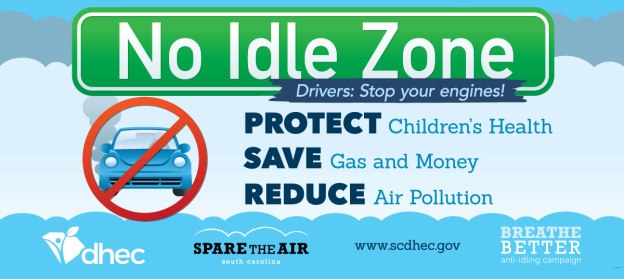A collection of health and environmental posts from other governmental blogs.
Heart failure symptoms you shouldn’t ignore
One out of every five people over the age of 40 will develop heart failure at some point in their lifetime. Right now, around 6 million Americans have heart failure, and another 900,000 people will develop it each year. Heart failure is a big issue, so it’s important to know the facts in case it happens to you or someone you love. – From Flourish, Prisma Health’s blog
Every person should be able to reach his or her full health potential. I’m proud of the work we do in CDC’s Division of Nutrition, Physical Activity, and Obesity (DNPAO) to support Americans’ journey to good health—especially among people most vulnerable to chronic disease. We protect the health of Americans at every stage of life by encouraging regular physical activity and good nutrition, helping to prevent obesity in children and adults, and addressing barriers to treating obesity in children. – From Conversations in Equity, Centers for Disease Control and Prevention (CDC) Blog
When Cancer Runs in the Family
I remember watching her pack a footlocker and suitcase for her first year of college. As I sat there on her purple crushed velvet bedspread, I wondered how long she would be gone. My Aunt Pat was the first woman in our family to go to college, so I didn’t exactly know how this was supposed to work. All I knew was that I would really miss her while she was gone and that I definitely wanted to go to this “college” place when I grew up. – From The Topic is Cancer, Centers for Disease Control and Prevention (CDC) Blog







